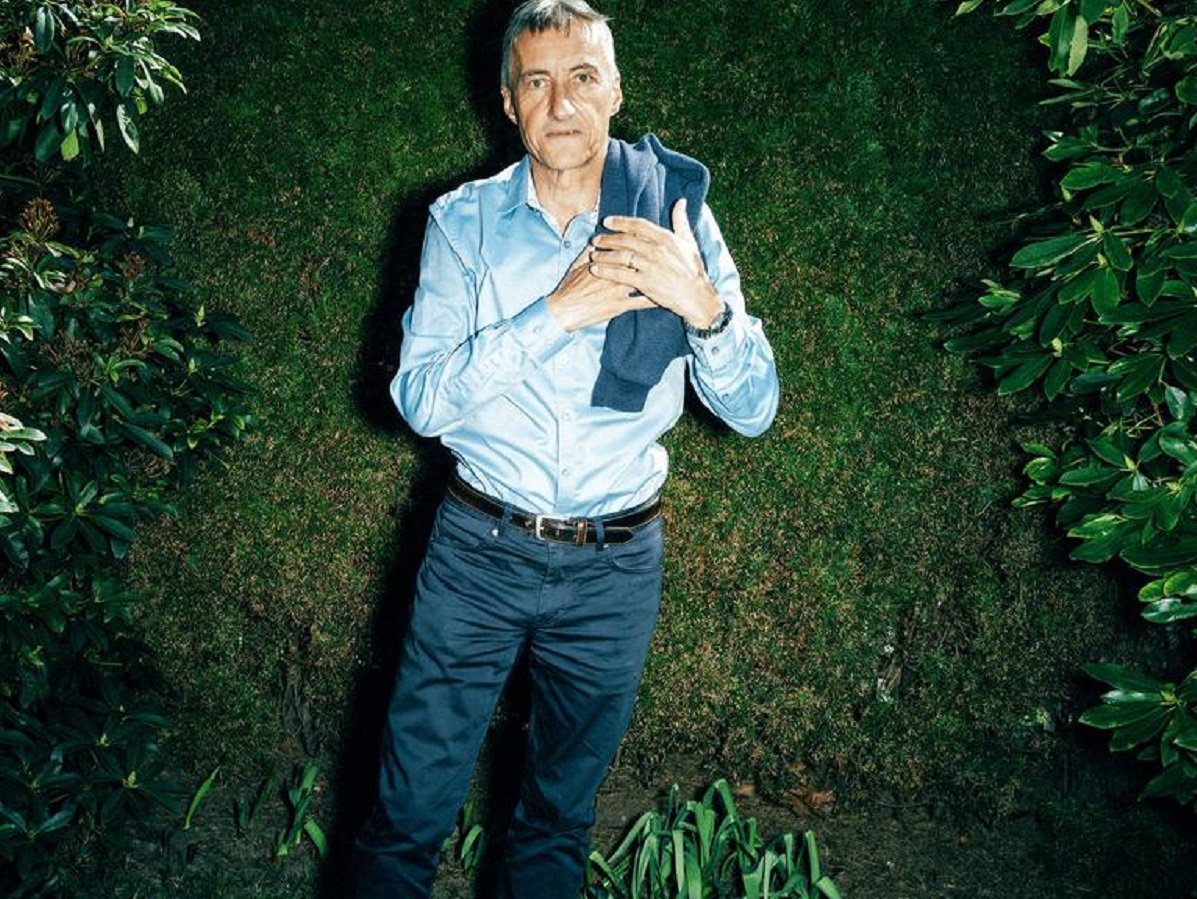The combination of Andreas Laustsen’s ideas to neutralize snake venom and his father, Mads Laustsen’s many years of experience in producing enzymes and therapeutic proteins, has become the company Bactolife, which will utilize antibodies from llamas to prevent a number of infectious diseases.
The idea has been so good that Novo Seeds is shooting 37 million. DKK in the company, and it is supplemented up to 50 mill. by Selfinvest, which is owned by the family behind United Shipping and Trading Company from Middelfart on Funen.
“We are not trying to develop a new principle, but to imitate what nature has always done,” explains Mads Laustsen, CEO of Bactolife about the method, which mimics the process by which a mother passes on antibodies to her child through breast milk.
The company’s product is derived from antibodies from llamas and has some special properties not found elsewhere. It is produced via microbial fermentation without the need for a llama. The goal is to use it both as a food and feed ingredient, and the ambitions are great.
“If we imagine that we will be successful, then this field we are entering is fully as big as the field that Chr. Hansen and Novozymes operate in, ”says Mads Laustsen and adds:
“You do not become a new Novozymes in five years. You do not do that, but we have the tools to begin that journey. ”
He can well imagine that the company is aiming for an IPO in five to seven years, but does not rule out that the owners may be tempted by a purchase offer if a major player in the ingredients area sees opportunities in the product.
Initially, the company has thrown itself over piglets, which often have digestive problems when they need to be weaned from the mother. This leads to a large consumption of zinc in the feed as well as antibiotics. Medical zinc will be banned in the EU in 2022, and the use of antibiotics could lead to resistant bacterial strains.
Strengthens intestinal flora
Bactolife’s method strengthens the intestinal microbiome so that the pig is resistant to coli bacteria and thus avoids diarrhea.
“The farmer may have a better economy, but from a health point of view it is at least as important to minimize the use of antibiotics,” says Mads Laustsen.
The capital raised must now be used to prove the thesis in larger experiments as well as to scale up production.
Focus on biotech solution
Novo Holdings has significantly increased its ambitions within bio-industrial solutions to challenges, especially in agriculture, and the investment in Bactolife is one of three or four possible over the coming years, says leading partner Søren Møller.
He is willing to participate in building the next Novozymes or Chr. Hansen, however, points out that some of the companies Novo Seeds has already invested in are at such an early stage that it is difficult to identify the winners, but in principle they all have the platform to realize the vision.
“The molecules must first of all work so that they can neutralize toxins in the animals’ intestines, but it must also be a solution that pays for agriculture,” says Søren Møller.
Getting an overview of the production economy on a larger scale as well as finding the right business model to get food ingredients out to the consumer are some of the questions an investor seeks answers to, and which are different from investing in biotech with a focus on medicines where the production economy does not get same focus from the start.
“It is important for us as seed investors that it is talented people who have tried it before,” says Søren Møller.
Mads Laustsen was a co-founder of CMC Biologics, which in 2016 was sold for DKK 3.6 billion. DKK to Japanese AGC Asahi. In addition, there is the chairman of CMC, David Kauffmann, co-founder of Bactolife together with Per Falholt, who has a past as CTO of Novozymes.
Source: Børsen
